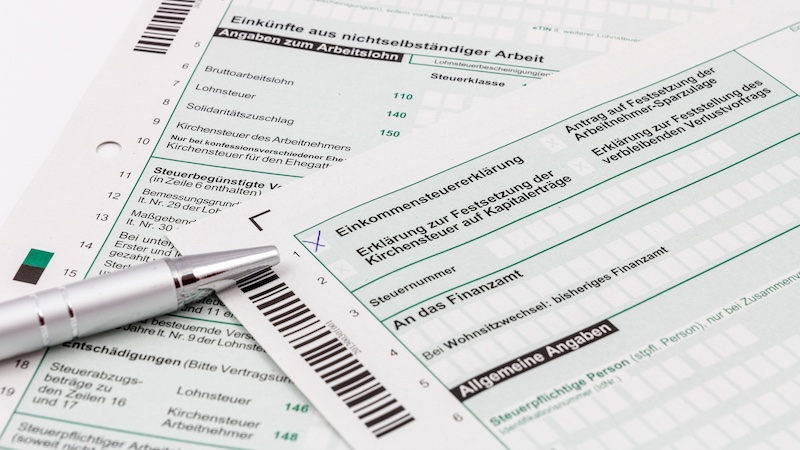That has to be in the tax return
Working as a freelancer alongside your main job – what does that mean for taxes? Tax attorney and Smartsteuer boss Stefan Heine knows that. He explains why “freelancers” are not necessarily “freelancers” and what needs to be included in the tax return.
Freelancer is mostly used as a term that means “freelance work”. In journalism, in PR and marketing, but also in tech professions, this means that there is no permanent position. However, German tax law does not recognize the term freelancer.
Instead, “freelancers” usually mean self-employed people. Tax law distinguishes between three professions of the self-employed, which have in common that they do not earn their livelihood as an employee or as an apprentice.
This includes people who:
- earn their income from agriculture and forestry,
- have registered a business or
- work as freelancers, including (dentist) doctors, tax consultants, journalists and similar jobs. These are defined in a catalogue, which is why one also speaks of catalog professions.
I have described the three groups in more detail in this post.
Contents
Freelancer and tax return: income tax, sales tax and trade tax
What these three groups have in common is self-employed now that they have to pay different taxes.
First of all, the income tax, which – as in the main job – is incurred for self-employed activities.
With the help of the so-called (income surplus calculation (short EÜR) the income is calculated, which is given in Appendix S for self-employed activities in the case of freelancers (income from agriculture and forestry is to be entered in Appendix L, for a trade in Appendix G).
Income tax is then paid on this, provided that the income from self-employment is not so low that it is subject to hardship compensation.
The value added tax (often called value added tax for end customers) also applies to your self-employed activities, unless you fall under the small business regulation. Thanks to this regulation, you do not have to show any sales tax on your invoices and accordingly do not have to pass it on to the tax office.
Freelancers and Taxes: The Small Business Regime
In order for this regulation to apply to you, your turnover must have been less than 22,000 euros in the past year and less than 50,000 euros in the current year. You have to inform the tax office that you make use of the small business regulation – with the “Questionnaire for tax collection“.
Example: Your main job is a social media manager and at the weekend you also write for an online magazine about events in your city. This means that your activity falls under the liberal professions (journalist). You earn an extra 2000 euros in the year, so it falls income tax for it.
However, your sales make the small business regulation possible, so you can make use of it and do not have to pay sales tax. This must then be noted on the invoices that you write. In addition, for commercial workers also trade tax attack. Firstly, this does not apply to freelancers and secondly only to profits of more than 24,500 euros, until then there is an exemption.
Tax return: pay taxes as a freelancer
Example: In your main job you are a marketing manager and in your side job you sell jewelry you have made yourself from beach finds in an online shop. Your turnover in the current year is 80,000 euros, the profit is 25,000 euros. Income tax, sales tax and trade tax apply.
How are these taxes paid? The sales tax is submitted via the sales tax return, the trade tax via the trade tax return. And of course the income tax via the income tax return.
This is now also possible digitally for all three types of tax. So the bottom line is: depending on the type of freelance work and depending on the financial success, different taxes have to be paid.
Also interesting:



